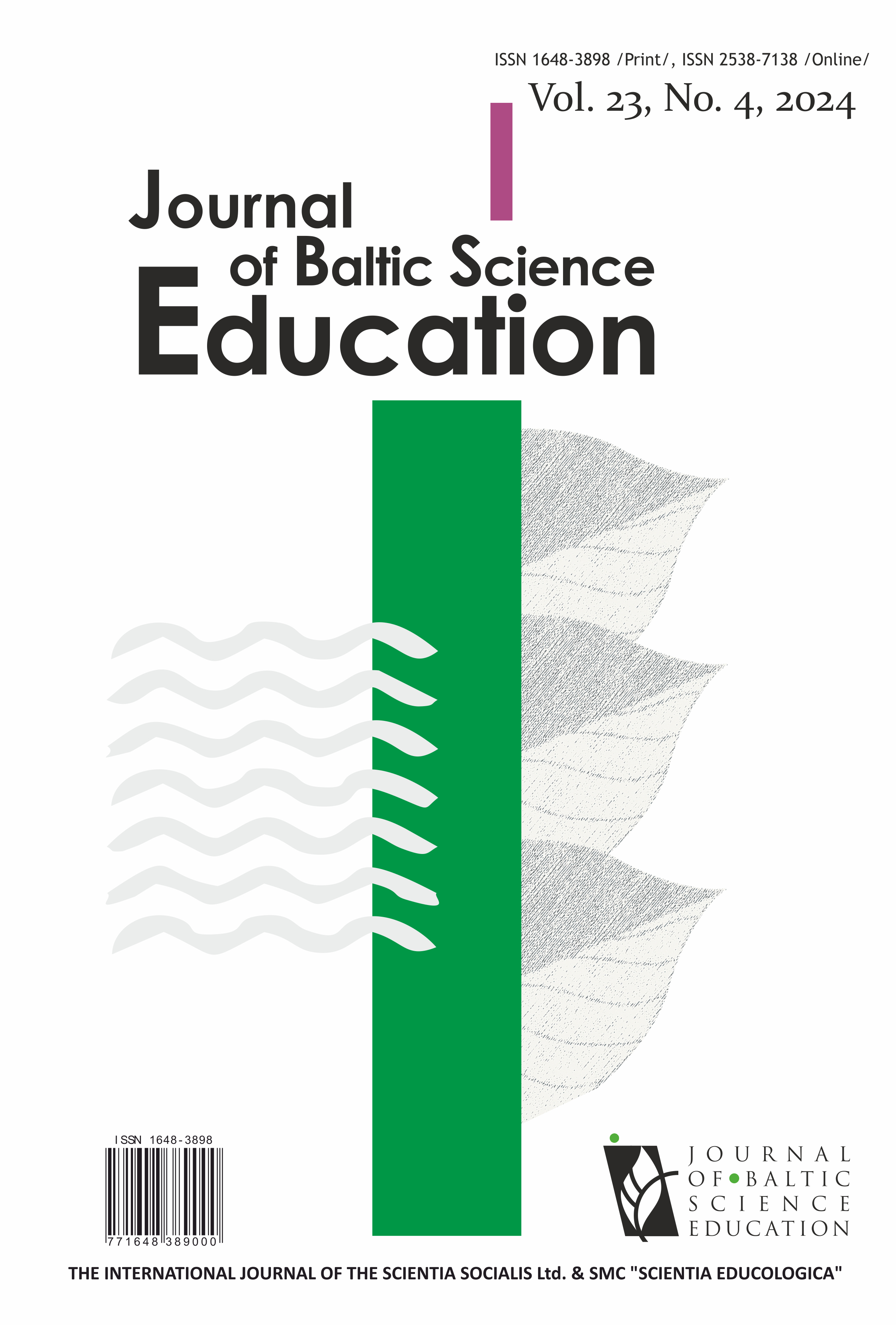SYSTEMS THINKING (ST) ON COMPLEX HEALTH ISSUES: THE APPLICATION OF THE ONE HEALTH (OH) APPROACH
SYSTEMS THINKING (ST) ON COMPLEX HEALTH ISSUES: THE APPLICATION OF THE ONE HEALTH (OH) APPROACH
Author(s): Inés Martinez Pena, Blanca Puig, Araitz UskolaSubject(s): Social Sciences, Education
Published by: Scientia Socialis, UAB
Keywords: COVID-19 pandemic; interpretative study; one health; systems thinking; zoonosis;
Summary/Abstract: Systems thinking (ST) is an essential skill for understanding complex issues, making predictions and informed decisions. This research explores how students applied ST in complex health contexts using the ‘One Health’ (OH) approach. OH highlights the interdependence relationship between animal, human and ecosystemic health (including plants). Eighteen upper secondary school students were involved in activities that aimed to foster their capacity to apply ST to explain the causes of the COVID-19 pandemic, to anticipate future pandemics and to propose actions for preventing them. Individual written tasks were examined using content analysis methods. Four dimensions of ST were considered, and levels were established based on the literature and in interaction with data. Most participants articulated various aspects of ST in their responses, but they did not do so consistently. Students had difficulties both in anticipating future pandemics and in proposing actions to prevent them. After the completion of the activities, most students showed an improved understanding of the OH notion. They identified the components, relationships and provided examples of causal interrelationships, such as those involved in zoonotic diseases. The findings point to the potential of the OH approach in Biology education, as it promotes students’ understanding of complex health issues from a systemic view.
Journal: Journal of Baltic Science Education
- Issue Year: 23/2024
- Issue No: 4
- Page Range: 723-738
- Page Count: 16
- Language: English

